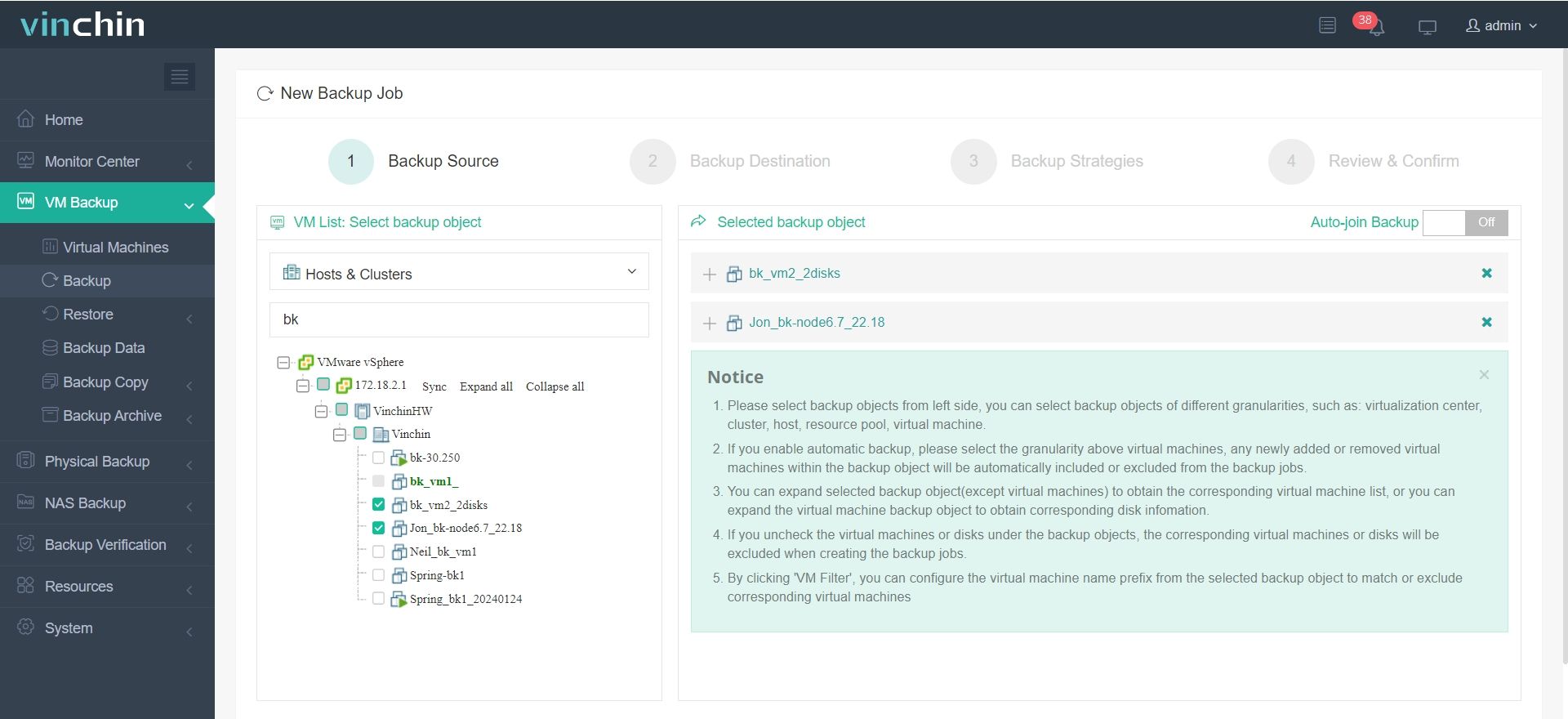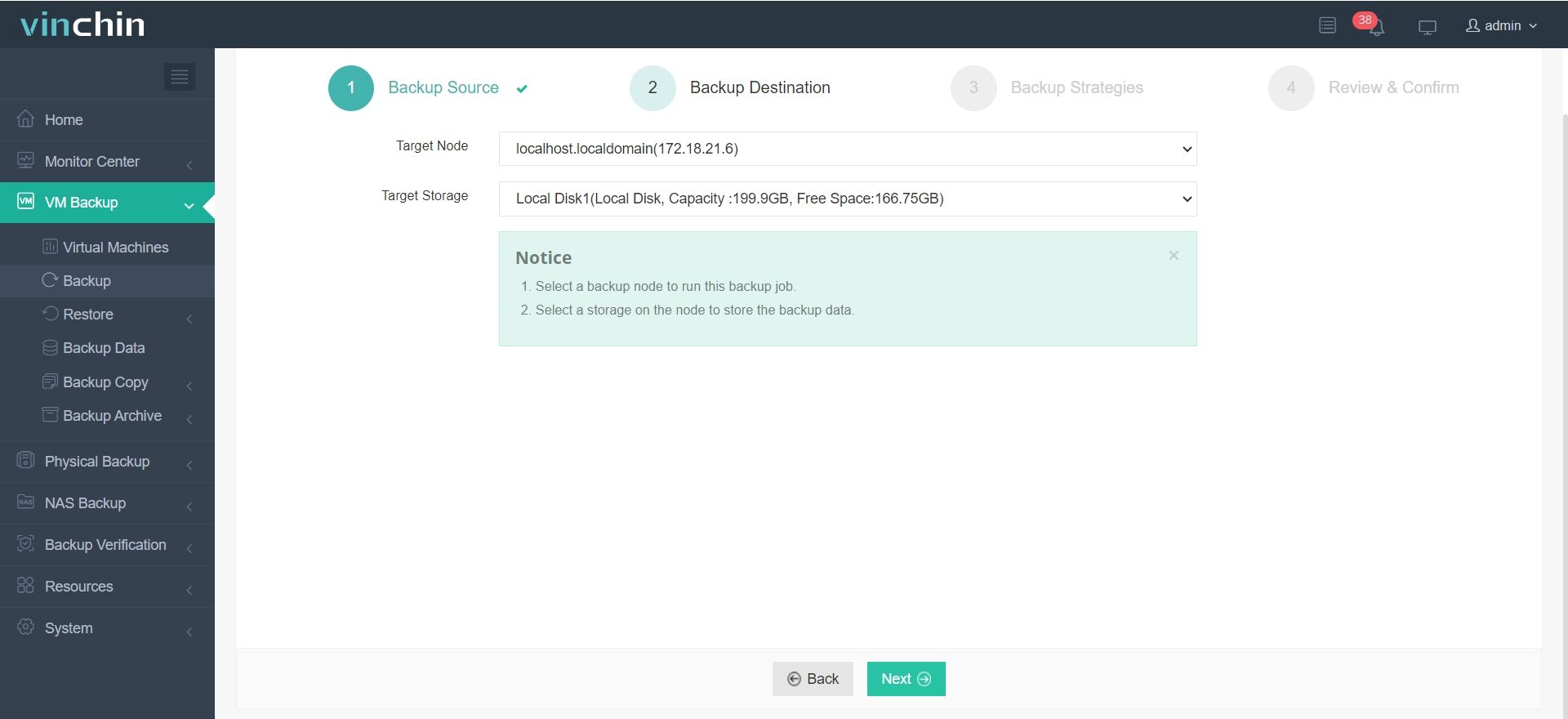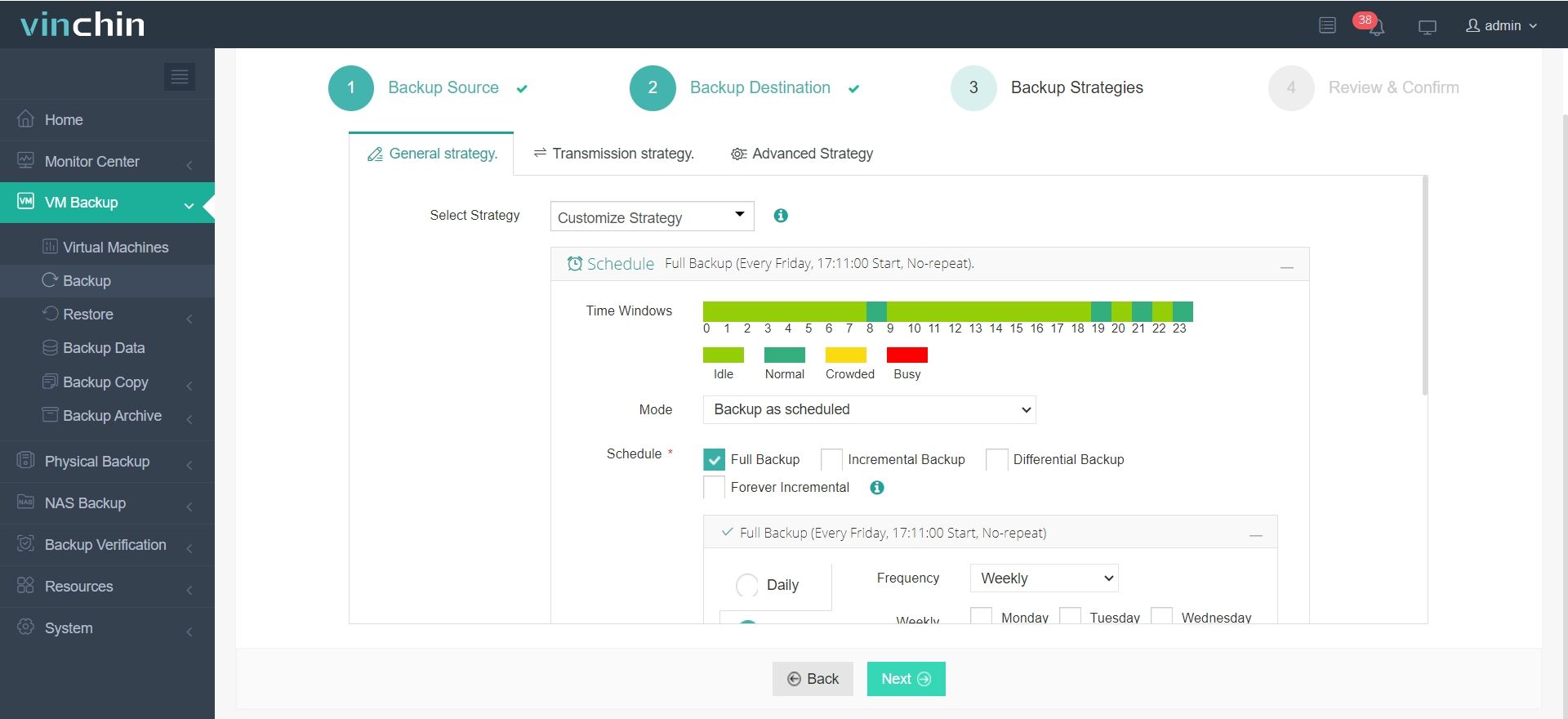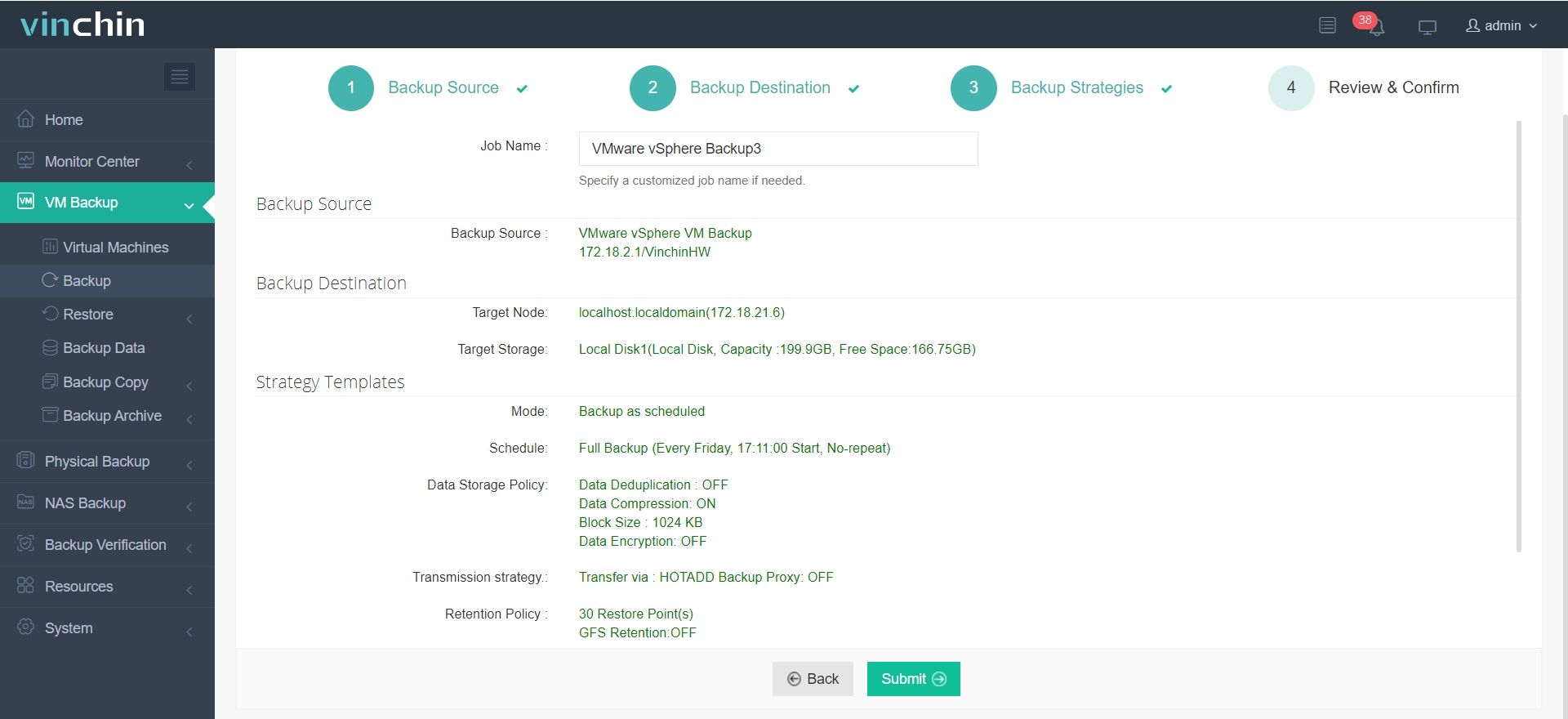-
What is HIPAA?
-
The main objectives of the HIPAA
-
How does HIPAA protect patient health information privacy?
-
Electronic Health Records (EHR) Privacy, Benefits, and Security
-
Benefits of Having an EHR
-
HIPAA security regulations standards
-
Which companies are bound by HIPAA?
-
Healthcare Disaster Recovery with Vinchin Backup & Recovery
-
HIPAA Data Backup Requirements FAQs
-
Conclusion
More and more healthcare systems and organizations are shifting to online models, just like other organizations around the world. The benefit of this approach is to reduce physical interaction with patients. This concept has gained more traction after the COVID-19 pandemic. Also, there is a huge demand for healthcare-related software and applications worldwide. However, since life and health are at stake, adopting virtual healthcare is a major issue. This is where HIPAA compliance comes into play.
What is HIPAA?
HIPAA stands for the Health Insurance Portability and Accountability Act, which was signed into law by former U.S. President Bill Clinton in 1996. This law regulates various aspects of the healthcare industry, including transaction rules, identification of healthcare providers, identification of professionals, healthcare information security, healthcare privacy, health plan identification, injury reports, patient identification, and more.
In the United States, all healthcare-related institutions, including hospitals, health plan departments, healthcare providers, relevant ticket exchanges, medical information system providers, medical universities, and even a single doctor’s office, must comply with HIPAA’s security regulations for storing, maintaining, and transmitting any form of personal health information. Violating HIPAA security regulations can result in fines of up to $250,000 and imprisonment for up to 10 years.
The main objectives of the HIPAA
1. Ensure that workers can transfer their health insurance when changing jobs;
2. Protect patients' case records and other personal privacy;
3. Promote the establishment of unified standards for electronic transmission of healthcare information security in the U.S.
How does HIPAA protect patient health information privacy?
Most people believe that their health information is private and should be protected. For this reason, the U.S. federal government created the HIPAA privacy regulations to safeguard the rights patients have regarding their own health information (in any form). HIPAA specifies who can view and obtain patient health information and grants patients the right to decide when their health information can be shared. HIPAA also requires that patients' doctors, pharmacists, and other healthcare providers, as well as the patient's health plans, explain the rights patients have and how their health information may be used or shared.
Electronic Health Records (EHR) Privacy, Benefits, and Security
An Electronic Health Record (EHR) is an electronic version of a patient's paper medical record maintained by the patient's doctor or other healthcare provider. EHRs include the patient’s medical history, notes, and other relevant health information, such as symptoms, diagnoses, medications, lab results, vital signs, immunizations, and diagnostic test reports (e.g., X-rays). EHRs allow healthcare providers to use information more efficiently to improve patient care quality and efficiency. However, EHRs do not change the privacy or security measures that apply to a patient’s health information. The federal law HIPAA, which protects patient health information, also applies to the information in EHRs.
Benefits of Having an EHR
Improved quality of care: When a patient's doctor begins using EHRs and sets up a secure way to share the patient’s health information with other providers, everyone can collaborate more easily to ensure the patient gets the care they need. For example:
Information about a patient’s medications will appear in the EHR, preventing healthcare providers from prescribing another drug that might harm the patient.
Backup protection: EHR systems, like most computer systems, are backed up, so if the patient’s area is affected by a disaster (e.g., a hurricane), the patient’s health information can still be retrieved.
EHRs available in emergencies: If a patient has an emergency and cannot explain their medical history, a hospital equipped with an EHR system can access the patient’s doctor’s system. The hospital will retrieve information about the patient’s medications, health issues, and tests to make faster and more comprehensive emergency care decisions.
More efficient care: Doctors using EHRs can more easily and quickly track a patient’s lab results and share progress with the patient.
More convenient care: When it’s time for a specific screening test, the EHR can remind the provider to contact the patient. Doctors, pharmacies, laboratories, and other members of the patient’s healthcare team can share information, so the patient won’t have to fill out the same forms repeatedly.
HIPAA security regulations standards
HIPAA Security Regulations divide security standards into four categories to protect the confidentiality, integrity, and availability of information systems:
1. Administrative Procedures — Establishing and enforcing security policies;
2. Physical Safeguards — Protecting physical computer systems and associated environments and equipment from natural disasters or human-caused destruction;
3. Technical Security Services — Protecting and monitoring data access;
4. Technical Security Mechanisms — Mechanisms to protect information and restrict data access within networks.
Which companies are bound by HIPAA?
HIPAA regulations apply to covered entities and business associates:
Covered Entities include all healthcare providers who create, receive, maintain, or transmit protected health information (PHI), including health plans, health insurance organizations, hospitals, clinics, pharmacies, doctors, dentists, etc.
Business Associates include third-party service providers who create, receive, maintain, transmit, or access ePHI on behalf of a covered entity. Examples include IT contractors or cloud storage providers.
Healthcare Disaster Recovery with Vinchin Backup & Recovery
Currently, the global healthcare industry faces increasing demand for digitalization while also encountering various challenges. The high availability and scalability of virtualization and cloud computing allow the healthcare industry to improve efficiency and reduce costs. However, backing up relevant data is equally urgent.
Vinchin Backup & Recovery is designed to meet the data protection needs of healthcare organizations facing digital transformation. With support for multiple virtualization platforms like VMware, Proxmox, XensServer, Oracle, Hyper-V and popular databases, Vinchin ensures high availability and secure data backups. Features such as deduplication, compression, and cloud integration help optimize storage and improve recovery times. Additionally, Vinchin complies with regulations like GDPR, safeguarding sensitive information and ensuring business continuity in case of disasters. This enables healthcare providers to focus on patient care while maintaining reliable data security.
It only takes 4 steps to backup your virtual machine or database with Vinchin Backup & Recovery:
1.Select the backup object.

2.Select backup destination.

3.Configure backup strategies.

4.Review and submit the job.

Discover the power of this comprehensive system firsthand with a free 60-day trial! Leave your specific needs, and you will get a customized solution that fits your IT environment perfectly.
HIPAA Data Backup Requirements FAQs
1. Where should HIPAA-compliant backups be stored?
HIPAA requires that backups be stored in a secure, accessible location. This can be on-site, off-site, or cloud-based. Off-site and cloud storage should be encrypted both during transmission and at rest. Additionally, backup data must be protected by a Business Associate Agreement (BAA) if stored with a third-party vendor.
2. What types of data must be backed up under HIPAA?
Under HIPAA, all electronic protected health information (ePHI) that is created, received, stored, or transmitted by covered entities and business associates must be backed up regularly. This includes patient records, billing information, and any other data containing personal health information.
Conclusion
HIPAA plays a pivotal role in safeguarding patient privacy and ensuring the secure handling of health information in an increasingly digital healthcare landscape. As healthcare organizations adopt electronic health records and other virtual care solutions, compliance with HIPAA regulations becomes essential to protect patient data, enhance care quality, and build trust. By adhering to HIPAA’s standards, healthcare providers and associated businesses can not only mitigate legal risks but also contribute to a safer, more efficient healthcare system for all.
Share on:






